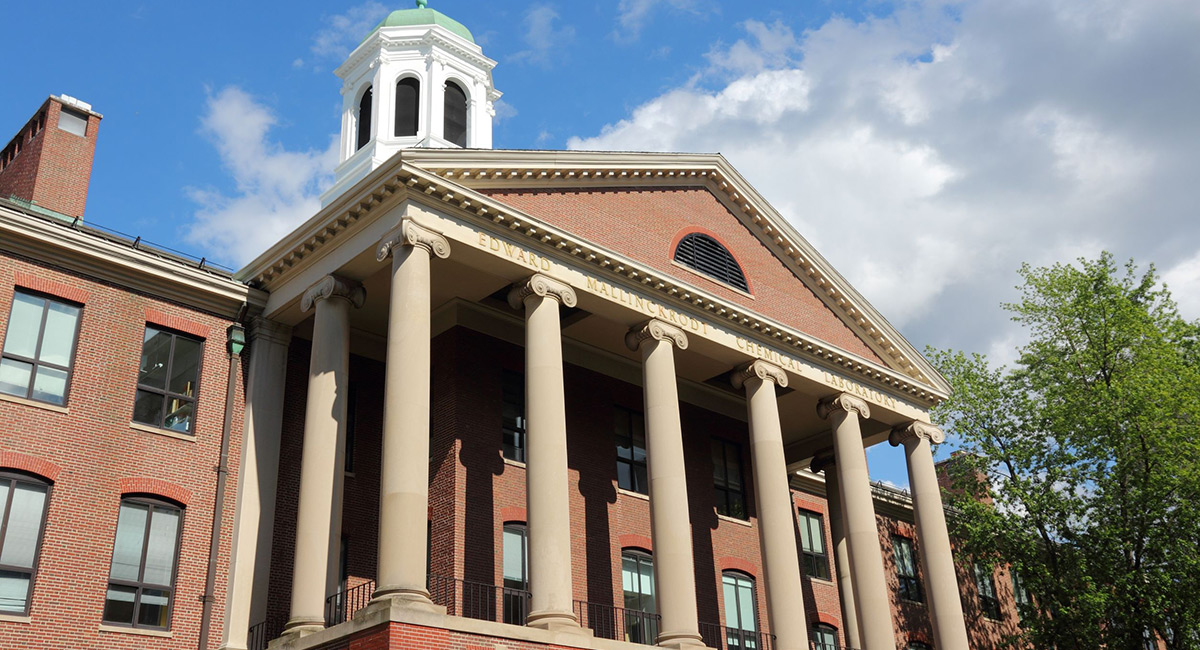Hundreds of colleges and universities are in “poor”, “moderately dire” or even “disastrous” financial shape, as predicted by several observers for years. Remote learning is proving unsatisfactory for many students, and costs of effective on-campus Covid mitigation are proving high. A huge federal bailout is plausible, but highly uncertain and not imminent. Hard-pressed state governments don’t have funds for bailouts, and some are contemplating further college funding reductions. While the unemployment rate continues to fall, currently at 7.9%, it is in clear recession territory; major recovery is not likely until 2021.
Here are five things colleges can do that would simultaneously improve the institutional cash position, lower costs long-term, and improve learning outcomes—in short, raise productivity:
- Sell dormitories and dining facilities
- Return the staff-to-student ratio to what it was in 1980
- Contract out instruction of basic courses taught also by high schools
- Slim down athletics spending
- Stop grade inflation
Sell Non-Academic Assets. Universities are supposed to disseminate and create knowledge, not run food and lodging operations. Does university ownership of dorms make students more responsible adults? No. A case can be made for some supervision of freshmen and possibly sophomores, but that can be done even with private dorm ownership. In other nations, universities rarely have extensive food and lodging operations—why here? Private entrepreneurs will pay big bucks to get into this market.
Reduce Labor Costs. There is no good evidence American colleges today are more productive per student than they were in, say, 1980, but they use more labor, a large percentage having nothing to do with learning. Let others try to save the earth through expensive sustainability efforts, and obsession with racial and gender issues is expensive with minimal ameliorative results. Administrative bloat is real but unnecessary to great learning. Reduced teaching loads to promote trivial research no one reads is similarly wasteful.
Contract Out Basic Instruction—And Other Things. Universities lack strong incentives to reduce costs and improve outcomes, so contracting out some basic instructional and other services to private enterprise often makes sense. Basic math, foreign language classes and English composition are good examples. High School teachers often can provide services for less per student than college professors charge—with equal learning outcomes. Outside service provision works elsewhere too—building maintenance and food and lodging operations.
Reduce Obscenely Large Athletic Subsidies. The 12 school Mid-American Conference loses $300 million annually on intercollegiate athletics, more than $1,000 per student. If we insist on spending money on ball throwing contests instead of professors, at least economize: for example, limit football teams to 60 players, 6 coaches, 10 game seasons and no playing in Last Resort Bowl games. Allow no coach to make more than the university president. No state university should be allowed to lose more than 5% of its state subsidy on sports. Successful Power Five conference schools should subsidize academic operations—maybe 20% of sports revenue should go for university overhead.
End Grade Inflation. An utterly costless means of improving student learning outcomes is to restore mid-20th century grading norms—no university should be giving more than 20% “A” grades for example. Impose intra-university “taxes” on academic units that violate a rigorous grading norm, with faculty salaries collectively reduced if the institution wide undergraduate grade point average is above, say, 2.7.
I have unsuccessfully made these suggestions before. Universities have both an incentive and information problem. Decision-makers do not usually face bad consequences if they mess things up, and are only modestly rewarded for stupendous successes-unlike in the private sector. Often they have poor metrics on performance. Did Harvard have a good year in 2019? Who knows?
But the bigger information problem reflects university governance issues. Who “owns” universities? Legally, it is the governing board. But governing boards are constantly fed information from presidents seeking big raises and job security, with every incentive to assert everything is going as well as possible. Bad news is suppressed, good news is exaggerated and hyped. The single biggest administrative reform I advocate is having multiple sources providing the governing board information, including those explicitly critical of the administration. University leaders need to be well paid for difficult work, but they also need to be evaluated on an accurate assessment of their institutions’ success.













